A Brief History of Martin Luther King Day
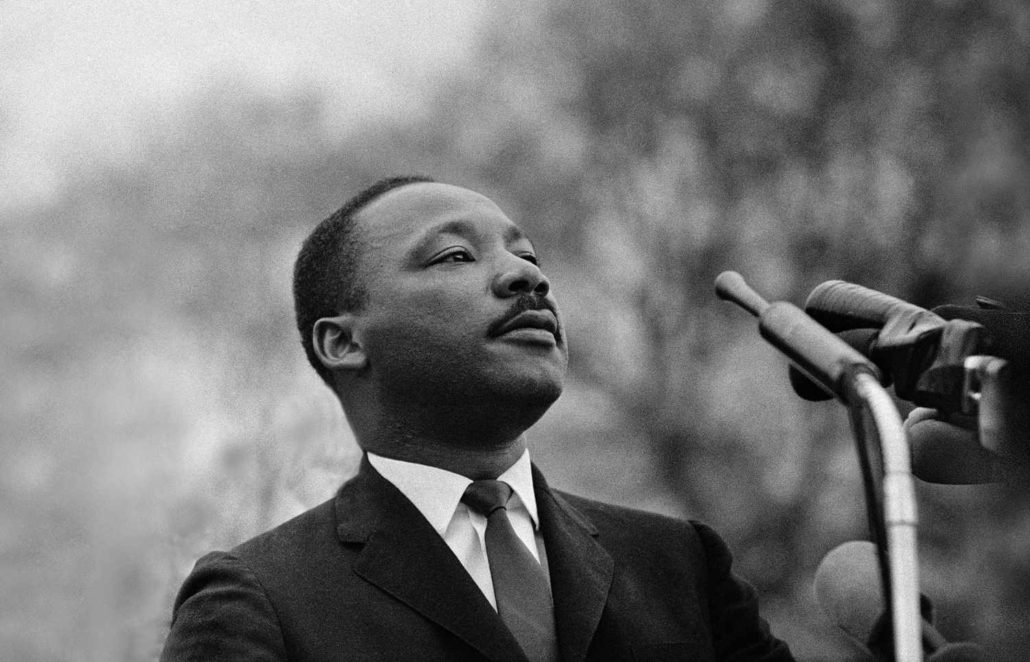
Who is Dr. Martin Luther King, Jr.?
Born on January 15, 1929, Michael Luther King, Jr. (later changed to Martin) came from a middle-class family rooted in Southern Baptist ministry. His parents, Martin Luther King, Sr. and Alberta Williams King, were college educated and devoted most of their time to the Baptist church. His grandfather started the long tenure of pastors at Ebenezer Baptist Church in Atlanta where Dr. King was born and raised. Ministry ran through Dr. King’s blood and in 1954, he become pastor of the Dexter Avenue Baptist Church in Montgomery, Alabama. As a dedicated civil rights activist, Dr. King led the first great nonviolent protest in the U.S. in December of 1955. This bus boycott lasted 382 days and ended with the U.S. Supreme Court ruling that segregation on public buses was unconstitutional.
Why do we observe MLK Day every January?
Americans observe and celebrate his legacy on the third Monday of January in honor of Dr. Martin Luther King, Jr.’s birthday on January 15. The Federal holiday was officially recognized in 1983, and all 50 states made it a government holiday by 2000. MLK Day focuses on the ongoing issues of civil rights and encourages people to devote their time to community service and reflection of justice and compassion for all.
At The Los Angeles Film School, we observe the MLK holiday as a day off for all students, staff and faculty. This is a great opportunity to recommit your time to service projects within your community. We encourage everyone to get active and find ways to continue Dr. King’s legacy of compassion, service and education.
What is Dr. Martin Luther King Most Known For?
Dr. Martin Luther King, Jr. is considered one of the greatest non-violent Civil Rights leaders of the 20th Century. He is responsible for activating one of the most momentous and far-reaching pieces of legislation in U.S. history—the Civil Rights Act of 1964. The act banned discriminatory practices in employment and ended segregation in public places such as swimming pools, libraries and public schools. Dr. Martin Luther King, Jr. was present when President Lyndon Johnson signed the Civil Rights Act into law on July 2, 1964.
What are the important milestones of the Civil Rights Movement?
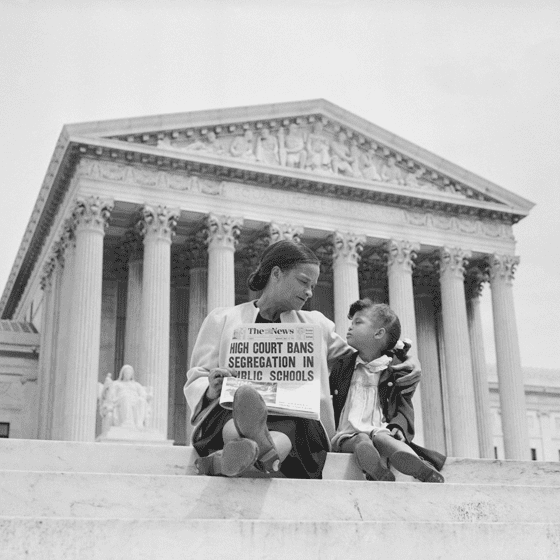
1954 – Brown v. Board of Education
The U.S. Supreme Court ruled unanimously (9-0) that racial segregation in public schools violated the Fourteenth Amendment. However, public schools in Southern states remained almost completely segregated until the late 1960s.
1955-56 – Montgomery Bus Boycott
A boycott against the municipal bus company in Montgomery, Alabama started with Rosa Parks refusing to give up her seat to a white man. Dr. Martin Luther King, Jr. helped facilitate the boycott that lasted until December 21, 1956.
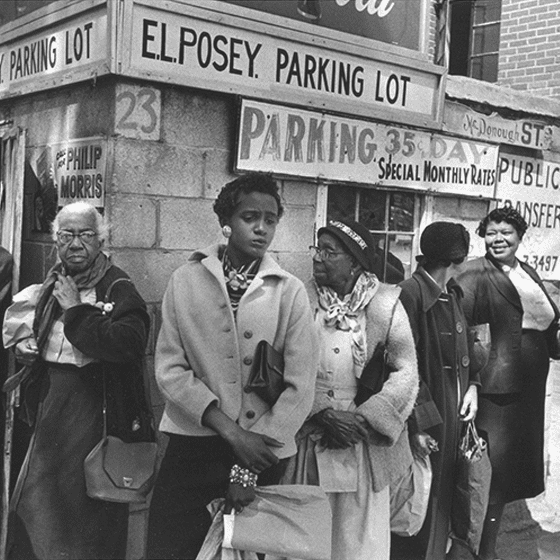
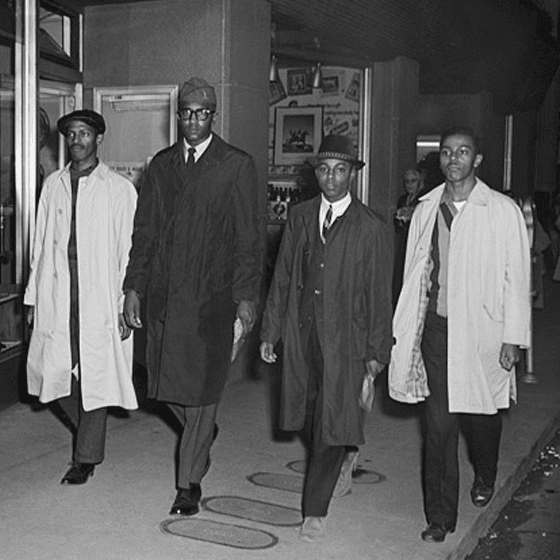
1960 – The Greensboro Four
Segregation was still widespread even with the civil rights victories that were penned into law. On February 1, 1960, four Black students from North Carolina A&T walked into a Woolworth store and sat in the “Whites Only” section. The store owners alerted the police, but the students were not breaking any laws and were paying customers. The media response sparked more peaceful protestors to join in and finally, the lunch counter at Woolworth began serving Black patrons in July of 1960.
1963 – Lincoln Memorial, “I have a dream”
On August 28, 1963, Martin Luther King, Jr. led a peaceful assembly of more than 200,000 protesters at the Lincoln Memorial in Washington, D.C. In his famous speech to the crowd, Dr. King demanded equal justice for all and that all Americans deserve the right to life, liberty and the pursuit of happiness.
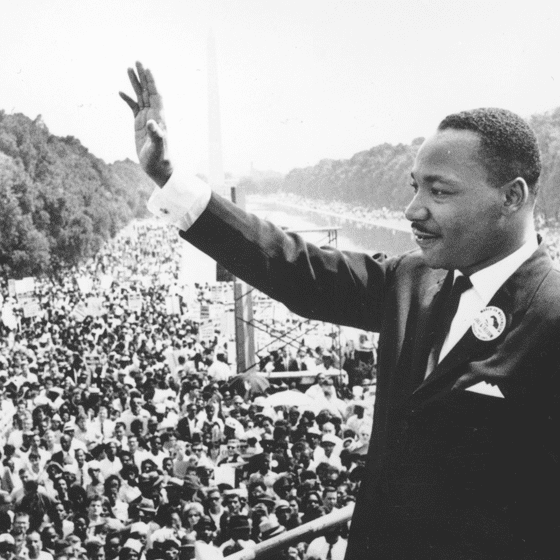
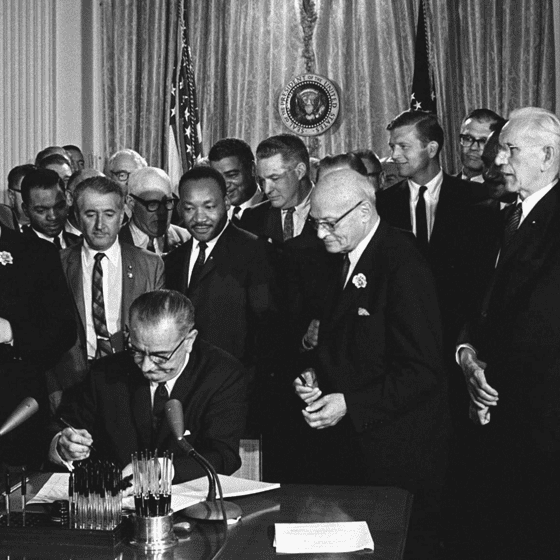
1964 – Civil Rights Act is signed into law
President Lyndon B. Johnson signed the Civil Rights Act of 1964 after it was proposed by President John F. Kennedy in 1963. The Voting Rights Act followed the law the following year and aimed to ensure that Blacks could exercise their right to vote under the Fifteenth Amendment.
1966 – Black Panther Party
A Black Panther party was an empowerment group that organized between 1966 and 1982. They campaigned for Black equality and have influenced modern social movements such as Black Lives Matter. Key Black Panther participants include Huey P. Newton, Angela Davis and Fred Hampton.
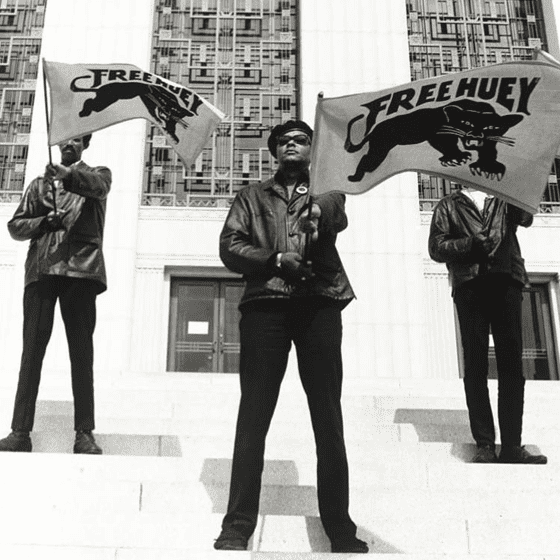
Present-Day Activism
How can you give back on MLK Day?
There are many service organizations that observe MLK Day each year. Giving your time to a good cause is an important step toward honoring Dr. King’s legacy on MLK Day. If you are a resident of California, visit California Volunteers to find service opportunities in your area. You can also visit our MLK Day service blog post to find more nationally-recognized organizations.
